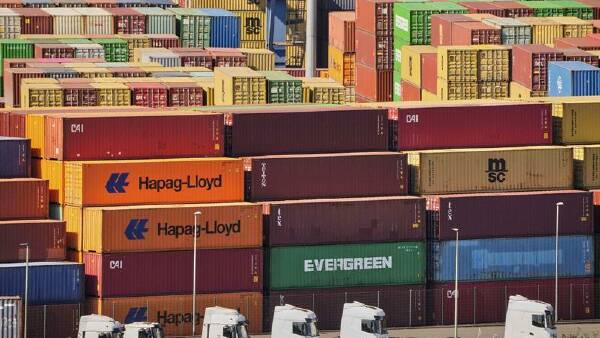
Powerhouse Asian economies Japan and South Korea are engaging in diplomatic negotiations with the United States to mitigate the impact of sharply increased tariffs that President Donald Trump plans to impose starting August 1. The announcement has sent ripples through global markets, as countries scramble to secure concessions before the deadline.
President Trump intensified his trade offensive on Monday, notifying 14 nations that they would face tariffs ranging from 25 percent for countries like Japan and South Korea, to 40 percent for others such as Laos and Myanmar. However, with the start date delayed to August 1, these nations are seizing the three-week window to negotiate more favorable terms.
Japan’s Strategic Negotiations
Japan is particularly concerned about the implications for its substantial automobile industry. Ryosei Akazawa, Japan’s chief trade negotiator, revealed on Tuesday that he had a 40-minute telephone conversation with U.S. Commerce Secretary Howard Lutnick. The two officials agreed to continue active negotiations. Akazawa emphasized that while Japan seeks concessions, it will not compromise its agricultural sector, a powerful domestic political lobby, for an early deal.
South Korea’s Diplomatic Efforts
Meanwhile, South Korea announced plans to intensify trade discussions with the United States in the coming weeks, aiming for a “mutually beneficial result.” When questioned about the firmness of the August deadline, Trump remarked, “I would say firm but not 100 percent firm. If they call up and they say we’d like to do something a different way, we’re going to be open to that.”
The market’s reaction was muted as investors assessed the latest developments in the protracted trade saga. The European Union, the largest bilateral trade partner of the U.S., is also striving to reach an agreement before August 1. Negotiations are focusing on “rebalancing” and securing concessions for certain key export industries, according to a European source familiar with the talks.
Global Trade Repercussions
Only two trade agreements have been finalized so far, with Britain and Vietnam. Although Washington and Beijing agreed to a trade framework in June, many details remain unresolved, leaving traders and investors on edge about whether it will unravel or lead to a lasting détente.
Pamela Coke-Hamilton, executive director of the United Nations trade agency, criticized Trump’s trade tactics, stating that they create an environment of uncertainty that hinders long-term investment and business planning. “This move actually extends the period of uncertainty, undermining long-term investment and business contracts, and creating further instability,” she told reporters in Geneva.
Impact on Bangladesh’s Economy
Trump’s tariffs are set to affect a range of countries, with levies of 25 percent on goods from Tunisia, Malaysia, and Kazakhstan, climbing to 40 percent on Laos and Myanmar. A delegation from Bangladesh is scheduled for further trade talks in Washington on Wednesday. The U.S. is the primary export market for Bangladesh’s ready-made garments industry, which constitutes over 80 percent of its export earnings and employs four million people.
“This is absolutely shocking news for us,” Mahmud Hasan Khan, president of the Bangladesh Garment Manufacturers and Exporters Association, told Reuters on Tuesday. “We were really hoping the tariffs would be somewhere between 10-20 percent. This will hurt our industry badly.”
As the August 1 deadline approaches, the world watches closely to see how these negotiations unfold and what the broader implications will be for international trade dynamics. The outcome could set a precedent for future trade policies and economic strategies across the globe.







